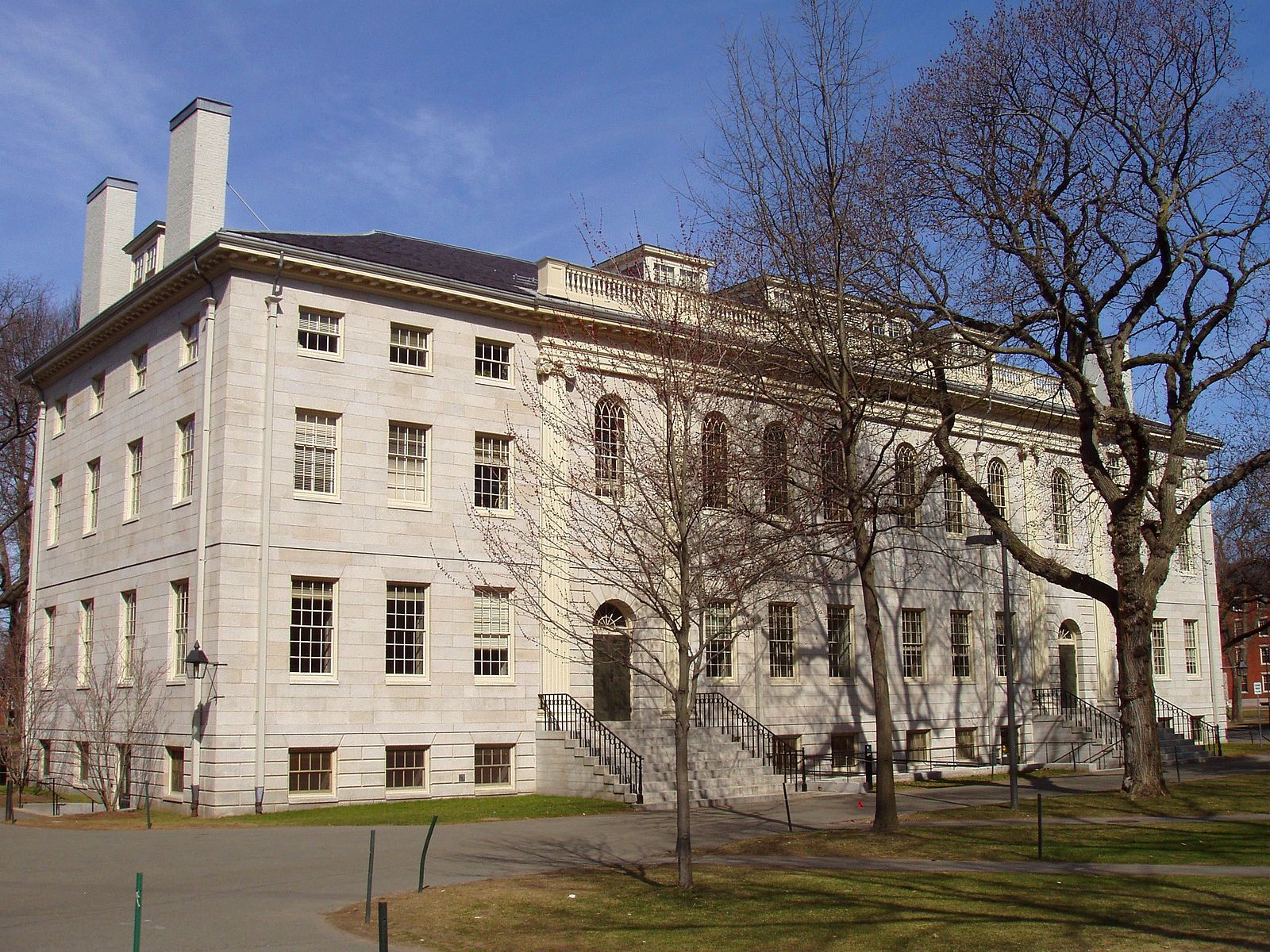On Tuesday, high-profile Harvard professor of government Jorge Dominguez announced his resignation and retirement following a stream of 18 sexual misconduct allegations against him, including one involving Stanford professor of political science and Latin American studies Terry Karl. Harvard placed Dominguez on administrative leave on Sunday evening, according to The Crimson.
In his statement, Dominguez wrote that he will retire at the semester’s end, and that he is currently neither teaching nor involved in any administrative duties at Harvard.
Dominguez’s alleged misconduct spans nearly 40 years. He faces complaints from graduate students, undergraduates, faculty and staff at Harvard who said he engaged in inappropriate kissing, touching and conversation, as reported last week in the Chronicle of Higher Education.
“There are so many derailed women in this story, there were so many women who could not pursue the passion that they had [as a result of Dominguez’s conduct] – there were undergraduates who were very badly damaged,” Karl said in an interview with The Daily.
According to the Chronicle, Harvard suspended Dominguez from administrative duties for three years in 1983, when he was found guilty of “serious misconduct” against Karl, who was then an assistant professor of government.
At the time, Dominguez was Karl’s senior colleague who worked in the same field. He was tenured, while she was not. Karl said he sexually harassed her repeatedly for two years by forcing her to engage in unwanted kisses and groping her with his hand up her skirt, among other unwanted sexual advances. She added that he disregarded repeated verbal and written pleas to stop.
Karl eventually left Harvard to teach at Stanford, where she became a tenured professor.
In an email to The Washington Post, Karl wrote, “A quiet retirement is unacceptable. After more than three decades of harassment, [Harvard] must carry out a full, fair and transparent investigation of this professor’s conduct, and there must be clear and visible consequences.”
She also suggested that Harvard is in part responsible for Dominguez’s continued misconduct.
“Harvard … owes a transparent explanation for his continued promotion to positions of greater power when the university knew or should have known that his conduct was an abuse of power,” she wrote. “This conduct created a hostile environment for decades, affecting women subject to his authority.”
According to The Crimson, Harvard Faculty of the Arts and Sciences Dean Michael Smith sent an email to students on Tuesday stating that Dominguez’s retirement “does not change the full and fair process of review” regarding the accusations made against him.
“What I hope is that this will be a [sufficient] tipping point at Harvard, [and] that Harvard might be able to take the lead in developing best practices that might create a more welcoming environment for all kinds of students,” Karl said.
Karl added that while she has not been contacted by Harvard administrators about the recent developments regarding Dominguez, she has received an outpouring of written support from students at the university.
“I’m heartened by the way this younger generation of students really understands that it is their right to have a hostile-free environment, that it is their right not to worry about walking into a professor’s office and being grabbed or groped, and that it is their right to hold universities accountable until this environment is fully created,” she said.
In the years after the 1983 incident, Dominguez held a variety of positions at Harvard, including vice provost for international affairs, director of the Weatherhead Center for International Affairs, faculty associate of the David Rockefeller Center for Latin American Studies and faculty dean of Leverett House, a student residence.
Dominguez, who is 72 years old, received both his M.A. and Ph.D. at Harvard. He began teaching at Harvard in 1972 and went on to become a tenured professor in 1979.
Dominguez joins a list of college professors accused of sexual misconduct since Oct. 2017, including former Stanford English professors Jay Fliegelman, who is now deceased, and Franco Moretti.
“Until universities send the correct signal – which is that there’s no room for predators, there’s no room for abuse of power, and that we will open our doors so that all students, all faculty, all staff feel comfortable, and do not feel as though they’re working in a hostile environment – until that time, all universities have work to do,” Karl said.
Contact Claire Wang at clwang32 ‘at’ stanford.edu and Holden Foreman at hs4man21 ‘at’ stanford.edu.
